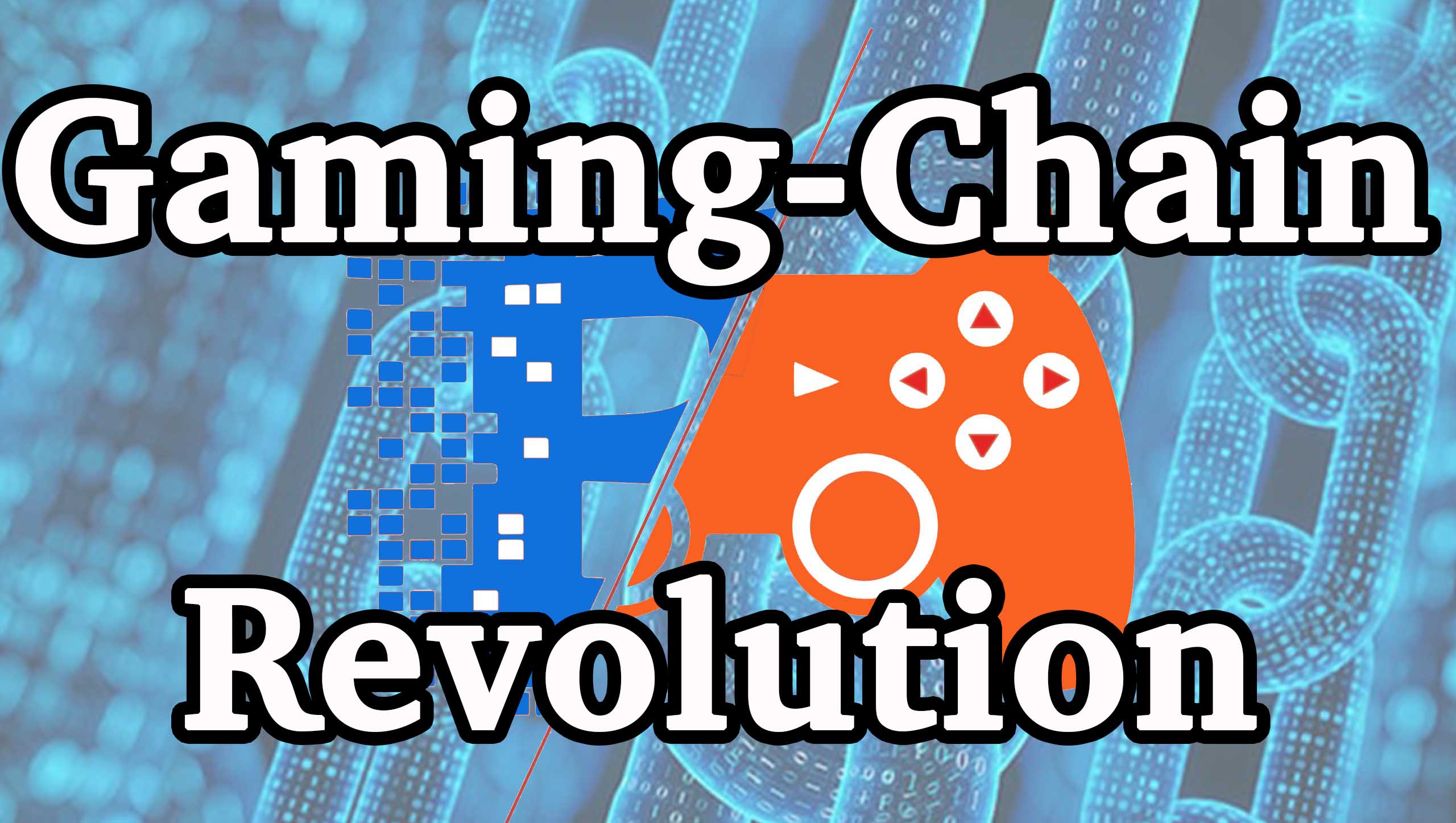Video game giant Ubisoft has recently announced that its Entrepreneurs Lab is now recruiting new startups focusing on two main fields: Blockchain and Social Entertainment.
Blockchain technology is entering every single industry, including the Entertainment industry, We can see a nascent ecosystem flourishing in many different directions exploring new possibilities to envision the relationships with the gamers, and between them, virtual assets ownership and exchanges, transaction security, and all that a cryptocurrency can allow. We have already worked with Blockchain startups now for more than 3 seasons and we want to keep on progressing on that mysterious but promising topic
Ubisoft Entrepreneur Labs.
While only three years old, crypto-assets (NFT’s) and the crypto technology found in blockchain has only recently begun to mature.
Blockchain Gaming Life Cycle
The product life cycle is a standard template used to understand the average cycle a product goes through during it’s adopted life to consumers.
It is broken into four stages.
- Early adoption
- Growth
- Maturity
- Decline

The most exciting stage is growth, where profits begin to soar.
This is the Year to Grow
Sometime after the bearish fall of crypto in 2017 / 2018, new projects were beginning and many have since failed.
But there are many indicators that up until that bearish fall, with Bitcoin’s inception in the early 2010s, we were in the development phase.
It seems that sometime during that bearish run is when we moved to the Introduction phase, and I’m now saying from March 2020 we’ve entered the Growth phase.
It seems COVID-19 played a part in accelerating towards the Growth stage, but let’s look at a few key events.
Remember in my last article I shared a headline from J.P. Morgan from 2017 and most recently in April 2020. J.P. Morgan Extends Banking Services to Bitcoin Exchanges!
In April 2020, the Blockchain Game Alliance was formed.
May 2020, Ubisoft Entrepreneurs Lab focused on BlockChain and Social Entertainment (esports).
July 2020 is PocketGamer’s first Blockchain Gamer LIVE! Event.
In 2019 and 2020, big names invested in crypto including Microsoft, Visa, Nvidia, PayPal, Goldman Sachs, Square, TD Ameritrade, Nasdaq Inc., and Overstock.com.
March 2020, Ripple set up a $100 million fund with the intention of integrating blockchain into gaming. The fund is backed and advised by some big Silicon Valley names such as Coinbase.
The Post Office Loved eMail
Like Banks Love Crypto (they don’t)
I remember selling fax machines in 1994 at Radio Shack and venturing onto my first webpage, Yahoo. I’m still amazed how shocked I was at the amount of information all from that tiny 1994 Yahoo page.
Today, they say there is more information created on the Internet in one day than the first 10 years up to 2002. Think about that for a moment.
Back then talking about eMail was the same ‘deer-in-headlight-look’ that I got from trying to convince business owners that SEO was important in 2005.
The post-office could not see real use-cases for email. It was digital. It was not tangible. It was not legal and who would want to go to the computer to read stuff?
I bet in 2017 executives at J.P. Morgan had many laughs at the crypto guys. I also bet in 2020 half of those executives are now investing in some crypto.
Email didn’t begin to squash the post office’s market share until the early 2000s. It took about 10 years. This is when eMail entered its growth phase.
Back then, I was graduating with my marketing degree and I was the first generation entering the workforce that grew up with video games and a computer. We also just finished University on the Internet. I was on the Internet, but my professors weren’t.
Once we entered the workforce, along with the speculative growth of eCommerce, corporations begin to adopt email.
The use-case was created. Adoption skyrocketed. USPS lost market share.
Within 20 years, by this July, USPS will face bankruptcy.
History repeats itself. Always.
We can look at the boom and bust of the technology era and see replicable patterns that we saw in the industrial revolution.
The idea is that the next forefront, the Economic Revolution, begun in the early 2010s.
With some digging, the first mentions of the ‘Economic Revolution’ were from Forbes in 2013. They published an article titled “The Biggest Story of Our Lives. Economic Revolution”
When did Bitcoin start? Oh yeah. About a year earlier.
So looking at, and studying previous revolutions such as the agricultural, industrial and technological, we can learn a lot about this economic revolution, and the life cycle of crypto.
Forbes said that this will bring more opportunity and more wealth creation capacity than anything any living human being has ever experienced.
Now a short seven years later, the life-cycle of crypto is changing.
Evidence is There
There are so many reasons to identify that we’ve got some big changes ahead of us in the ’20s. The Product Life Cycle doesn’t lie. It’s a common, widely-adopted pattern and if we try and make an attempt to position where crypto is on the cycle, I’m standing firm that in early 2020, we’ve moved to the most lucrative stage – the Growth Stage.
Arguably crypto has its flaws and is still highly scrutinized, however, I believe it comes down to two things
- Speculation
- Use-Case
We’ve gone through the speculative growth and bubble. Now in 2020, we’re seeing projects develop on the chain with real-world use-cases.
I believe Gaming is the biggest Use-Case of Crypto in 2020, and perhaps for a few years. I also believe the marriage of Crypto and Gaming will spawn other industries to define use-cases.
A project like Phantasma can be used to create a decentralized social network…how cool is that, considering Facebook, Twitter, and Google are all censoring their content.
This kind of reminds me of the day when certain schools with particular beliefs had a book burning parties. But I’ll leave this tangent for another time.
It’s tough to visualize a world without banks. It won’t happen in my lifetime, because just like snail-mail, there will still be use-cases for it and we’re not going to live in a completely digital world, however, USPS is going the way of the Pony Express. Those ponies are now drones.
Digital communication spawned social media. Facebook and Twitter are worth more than the United States Postal Service. Google saw this, they gave their unlimited email for free and now hold the largest market share of email providers, contributing to much less revenue for USPS
Synergy
Are the pieces coming together? We’re due for a change. And while historians will be writing about the economic revolution, perhaps they’ll be writing about how we wanted control of our own money. You think we’re in a time that politics might be playing a role in driving us consumers for this want, to control our own money?
With real-world Use-Cases and Speculation behind us, the synergy of the demand for control, and decentralization of our currency, BlockChain Gaming could truly get itself into the history books that fueled the Growth Stage of CryptoCurrency.
And if you want to get on the band-wagon, I encourage you to check out the Phantasma project and their partnership with GOATi.



